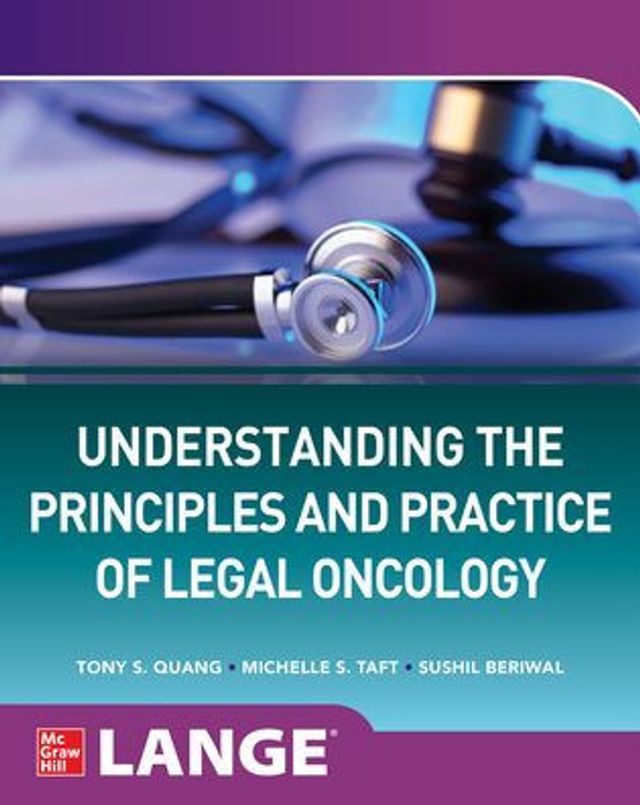Home
The Choice Principle: The Biblical Case for Legal Toleration
Barnes and Noble
The Choice Principle: The Biblical Case for Legal Toleration
Current price: $64.99


Barnes and Noble
The Choice Principle: The Biblical Case for Legal Toleration
Current price: $64.99
Size: OS
Loading Inventory...
*Product information may vary - to confirm product availability, pricing, shipping and return information please contact Barnes and Noble
The Choice Principle
presents an evangelical Christian argument for a legal framework that tolerates most sinful choices by individuals, forbidding only those acts that directly victimize others. Many vocal evangelicals have assumed that Christians who take the Bible seriously and hew to moral absolutes should support laws forbidding sin. Most, however, are unwilling to outlaw all sins. Which sins should be legally tolerated and which outlawed? Are the reasons biblical or merely pragmatic?
confronts these crucial questions head-on, proposing an alternative interpretation of Scripture that views government as God's instrument to punish victimizers and expand human autonomy. Grounded in legal theory, moral philosophy, and excerpts from the Bible and Christian theological texts, this timely work concludes that Christianity, particularly an evangelical commitment to the authority of Scripture, need not logically entail government endorsement of religious truths or legislation of any particular view of what constitutes a virtuous life.
presents an evangelical Christian argument for a legal framework that tolerates most sinful choices by individuals, forbidding only those acts that directly victimize others. Many vocal evangelicals have assumed that Christians who take the Bible seriously and hew to moral absolutes should support laws forbidding sin. Most, however, are unwilling to outlaw all sins. Which sins should be legally tolerated and which outlawed? Are the reasons biblical or merely pragmatic?
confronts these crucial questions head-on, proposing an alternative interpretation of Scripture that views government as God's instrument to punish victimizers and expand human autonomy. Grounded in legal theory, moral philosophy, and excerpts from the Bible and Christian theological texts, this timely work concludes that Christianity, particularly an evangelical commitment to the authority of Scripture, need not logically entail government endorsement of religious truths or legislation of any particular view of what constitutes a virtuous life.

















